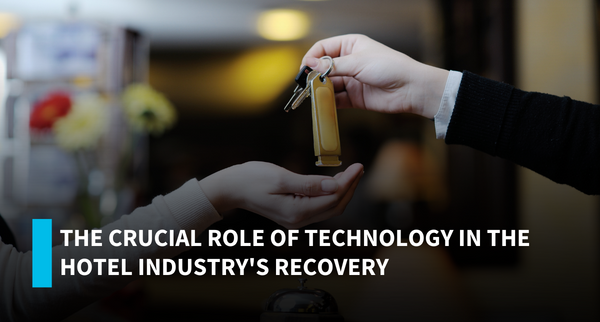The hotel industry was hit hard by the COVID-19 pandemic, with many hotels forced to close their doors temporarily and lay off staff. However, as the industry has bounced back, technology played an increasingly important role in helping hotels transition from survival mode to profitability. An area where technology is helping hotels do more with less is headcount reduction due to the labor crisis.
Technology enables hotels to automate many tasks previously done by humans, allowing them to maintain or even improve service levels with fewer staff. For example, hotels are using technology to help streamline their operations by automating housekeeping, scheduling, and handling customer inquiries and requests.
Another way hoteliers are embracing technology is by using chatbots and virtual assistants to handle customer inquiries and reservations, freeing up staff to focus on more high-value tasks such as guest relations and room maintenance. In addition, hotels are using automation and data analytics to streamline their operations, such as predicting maintenance needs and optimizing energy usage.
In the long term, technology is also helping hoteliers recapture distribution from online travel agencies (OTAs). OTAs have traditionally been a significant source of hotel bookings, but they also take a commission on each booking, which can be a significant cost for hotels. Hotels can better understand their customers and offer targeted promotions and loyalty programs that encourage direct bookings by using their direct booking platforms and leveraging the power of data analytics.
In summary, technology is crucial in helping the hotel industry transition from life support to profitability. By enabling hotels to do more with less and recapture distribution from OTAs, technology is helping hotels stay competitive in an increasingly challenging market.






